Beached Whales, Victorian Arctic Explorers, and Gossiping Irish Villagers – Five Books to Read in May 2024
By Bartolomeo SalaThe over-reliance on debuts as a marketing tool might be one of the more short-sighted aspects of contemporary book publishing – trying to serve a neophyte audience is no way to sustain an industry long-term. That said, credit must be given where it is due and so this instalment of the Something Curated book review features five debuts which couldn’t be more different, but which I think will eventually survive the meat grinder that is the current book market.
WHAT IS MINE
José Henrique Bortoluci
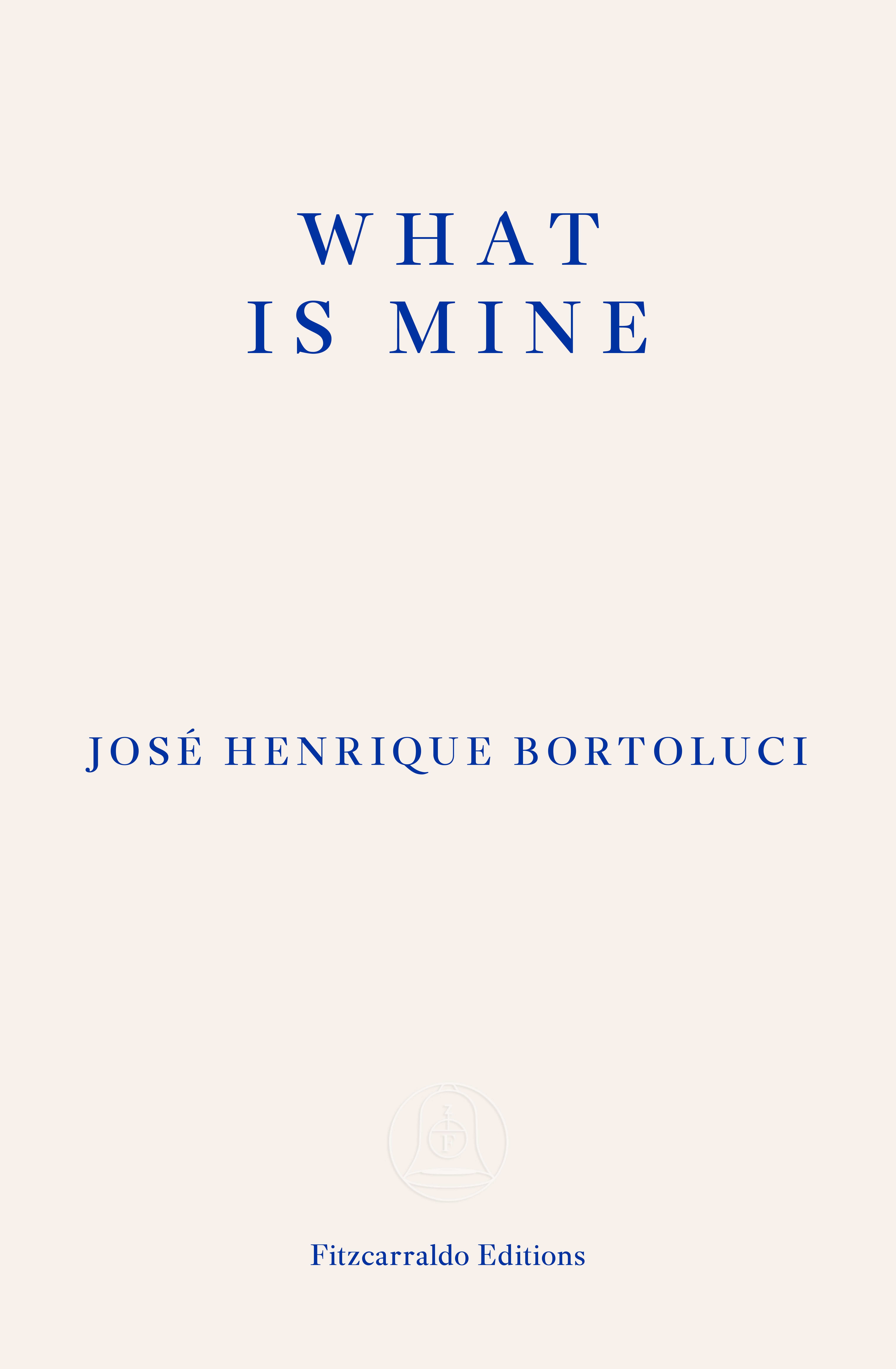
Fitzcarraldo Editions, pp. 160
Trying to bridge the gap and pay tribute to his late father Didi who died of cancer during COVID, What Is Mine by Brazilian sociologist José Henrique Bortoluci belongs to a growing canon of (mostly French) non-fiction written by “class traitors” who at some point feel the need to look back on the working class background they managed to shed, mostly by means of education.
But this way of characterising this truly extraordinary book – already a classic of the genre as far as I am concerned – is also reductive. For one, Bortoluci doesn’t seem to be plagued by the feelings of guilt typical of these books. Most importantly, the biography of Didi – a truck driver who considers himself one of the unsung heroes of the construction of the Trans-Amazonian highway (the biggest piece of infrastructure in the dictatorship’s plan to “conquer” the Amazon forest) – is also a portrait of Brazil as whole, the biography of a nation.
Spinning many plates at once, it avoids passing any sort of judgement. But by portraying a single life as a result of the interplay between often contradictory forces, it reinforces how the private is always political and the importance of bearing witness.
THE MINISTRY OF TIME
Kaliane Bradley
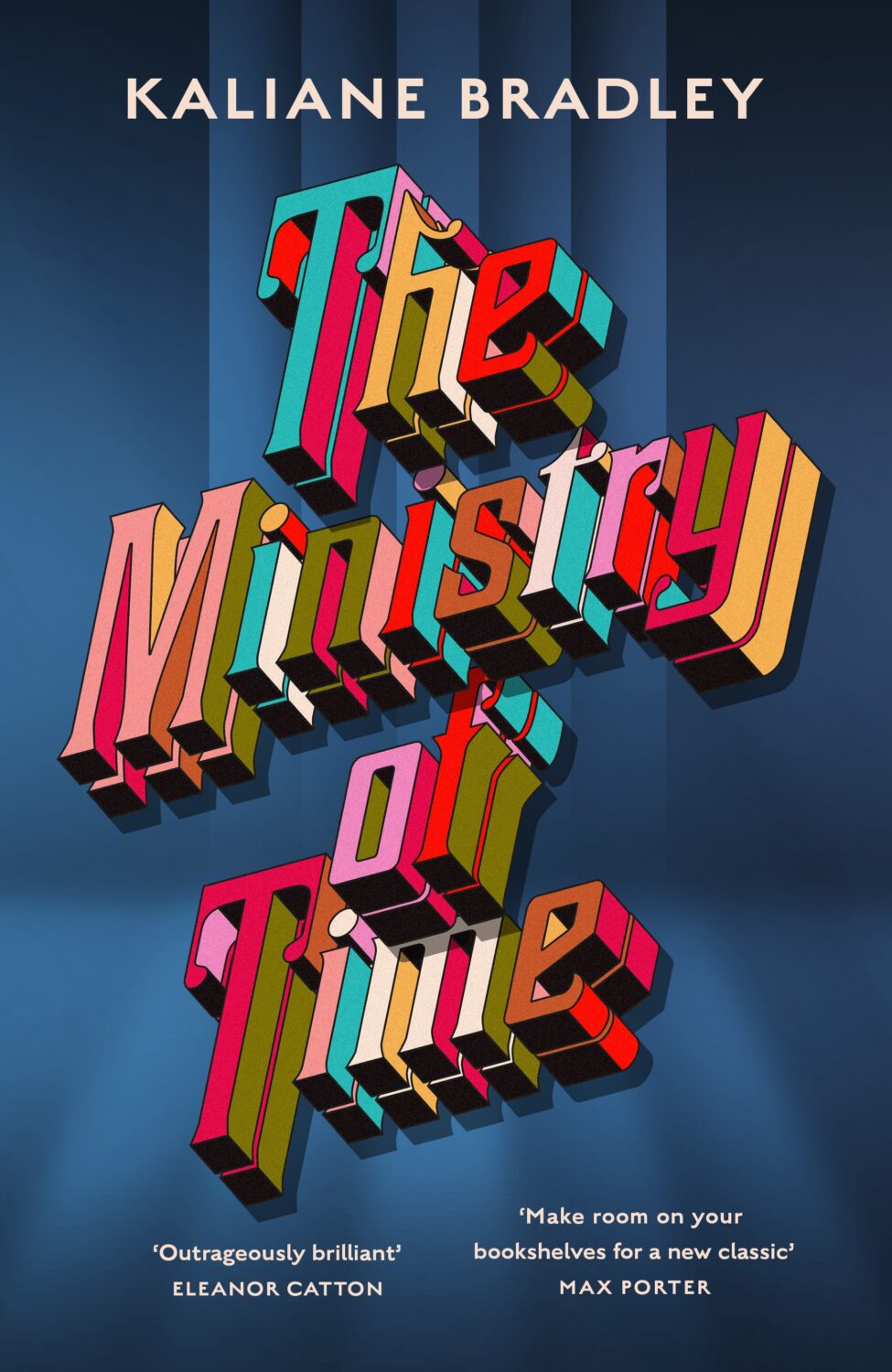
Sceptre, pp. 368
I usually hate hype. This form of stubborn snobbishness so far has mostly served me well, saving me a lot of disappointments (and cash). But oh boy, I am glad I went against myself on this one.
Set in a near future London, it tells a love story between Victorian Arctic explorer Commander Graham Gore, and his “bridge” – that is, the British-Cambodian young civil servant and narrator whose task it is to acclimatise to modern life in the U.K. after he was violently plucked from his timeline. As any publishing professional will tell you, the market is rife with high concept romances and time-travelling sci-fi – a way, if you ask me, to drive sales, and keep an edge, often without saying much at all. However, this one is the real deal, told in a hilarious, spiky voice full of observations on what it means to straddle multiple identities and the trauma of suddenly being thrust into a world that feels confusing and alien.
WHALE FALL
Elizabeth O’Connor
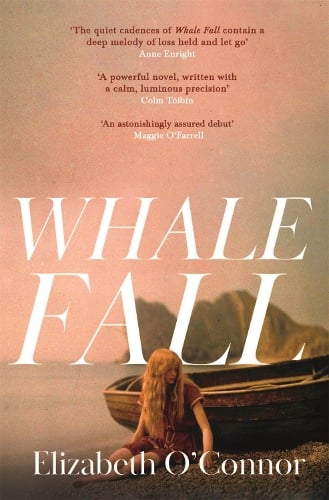
Picador, pp. 224
There are books that hook you with their plot and intrigue, the twists spurring you on, and then there are books that hook you with the quality of the writing – how luminously the author is able to conjure an atmosphere, a landscape, a feeling.
Whale Fall by Elizabeth O’Connor – which tells the story of 18-year-old Manod who sees the arrival of two Oxford ethnographers to the small Welsh island where she spent her whole life in 1938 as a ticket to another life on the mainland – belongs decidedly to the second category. Brewing with erotic tension and set against a breathtaking, thankless, windswept landscape, it beautifully captures that knot of contradicting feelings we have on the cusp of adulthood, wishing to leave the place of one’s birth.
ALL THAT GLITTERS
Orlando Whitfield
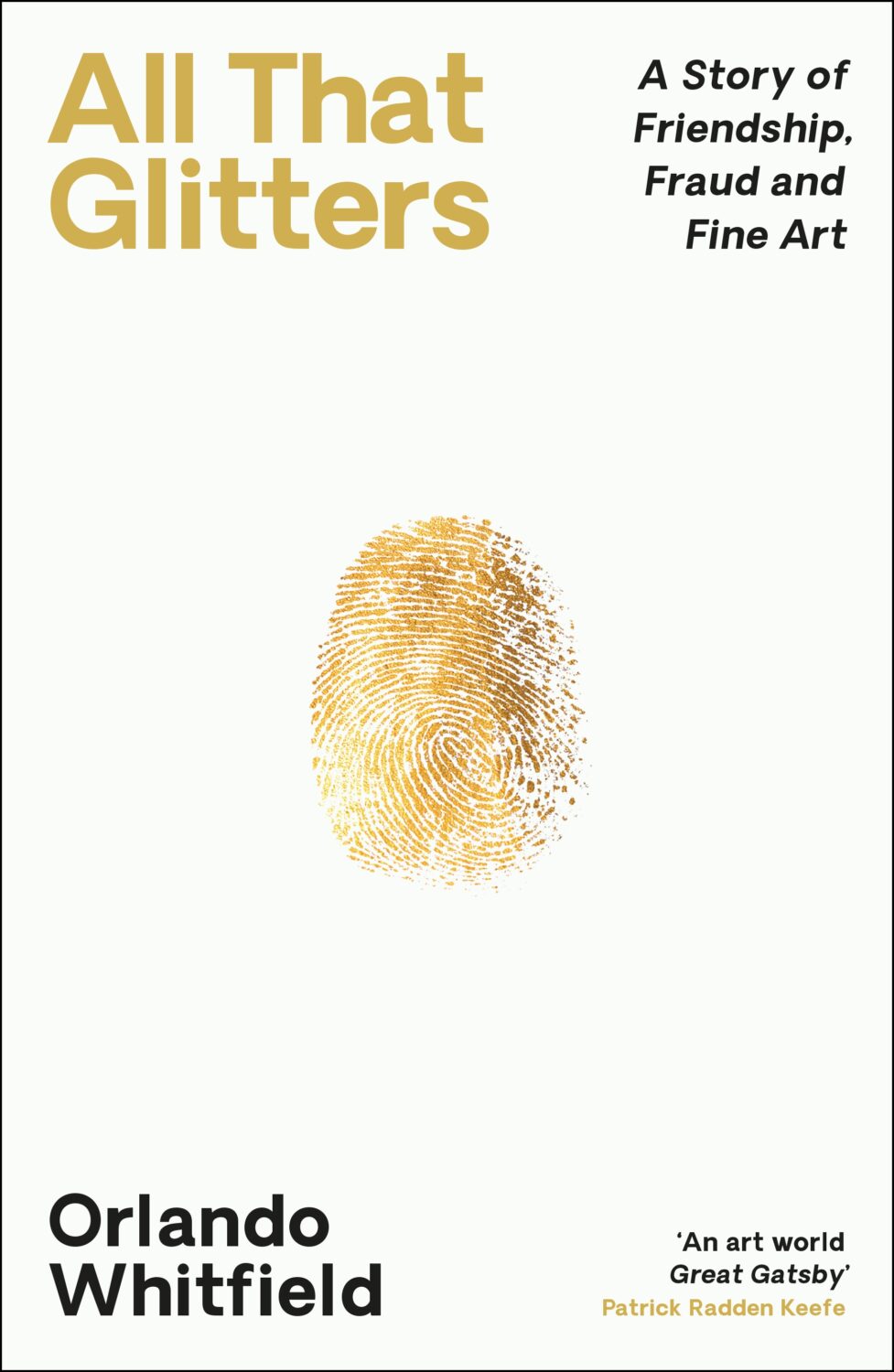
Serpent’s Tail, pp. 336
We live in times of fraudsters, swindlers, and impostors. Why this fascination is a question that demands a complex answer, but must necessarily have to do with the perceived injustice of the reality we live in (indeed, if the system is “rigged”, whoever bends it to their own will become a sort of hero.)
All That Glitters, a memoir by former art dealer-turned paper conservator Orlando Whitfield, treads this fine line by telling the true story of Inigo Philbrick, the Gatsby-esque enfant terrible he befriended while at Goldsmith in the 2010s. It was in this decade that one of biggest frauds to rock the contemporary art world would take place. Through the book, what emerges is a sorry picture: one which paints a world not of innovation and novel ways of thinking but one of unregulated markets rife with malpractice and nefarious financial speculation.
MOUTHING
Orla Mackey
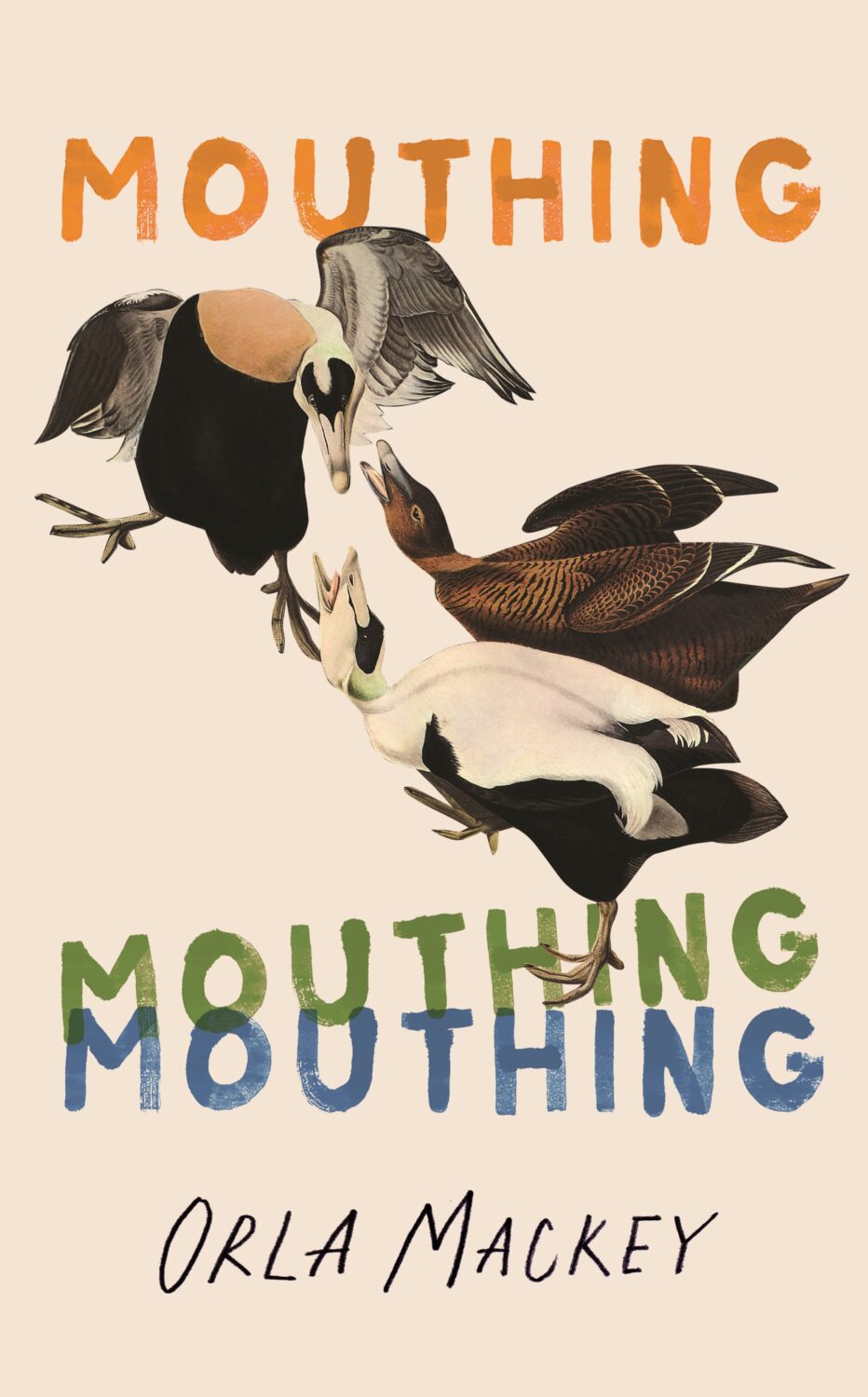
Hamish Hamilton, pp. 256
One of my favourite poetry collections, possibly the one piece of writing that made me fall in love with Anglo-American literature, is a by now largely forgotten, ironic portrait of rural life: The Spoon River Anthology (1915) by Edgar Lee Masters.
Consisting of a series of epitaphs recited by dead villagers, as it were, from beyond the grave – it relies on a subtle dialogue between each poem to create a panoramic (not exactly idyllic) view of the fictional Illinois town of Spoon River. One character might refer to a petty squabble they had with another while alive; another might hint at the reason of a deep-seated resentment whilst relating their own life story.
Mouthing takes this device a step further – in offering a kaleidoscopic portrait of the Irish town Ballyrowan – gossiping, bad mouthing, and the rivalries that it gives rise to, come to span multiple generations. Wry and cleverly constructed, it makes great usage of Irish vernacular and the dramatic monologue.
Bartolomeo Sala is a writer and reader based in London. His writing has appeared in Frieze, Vittles, and The Brooklyn Rail. Header image composite, courtesy of Sceptre, Serpent’s Tail, and Hamish Hamilton.